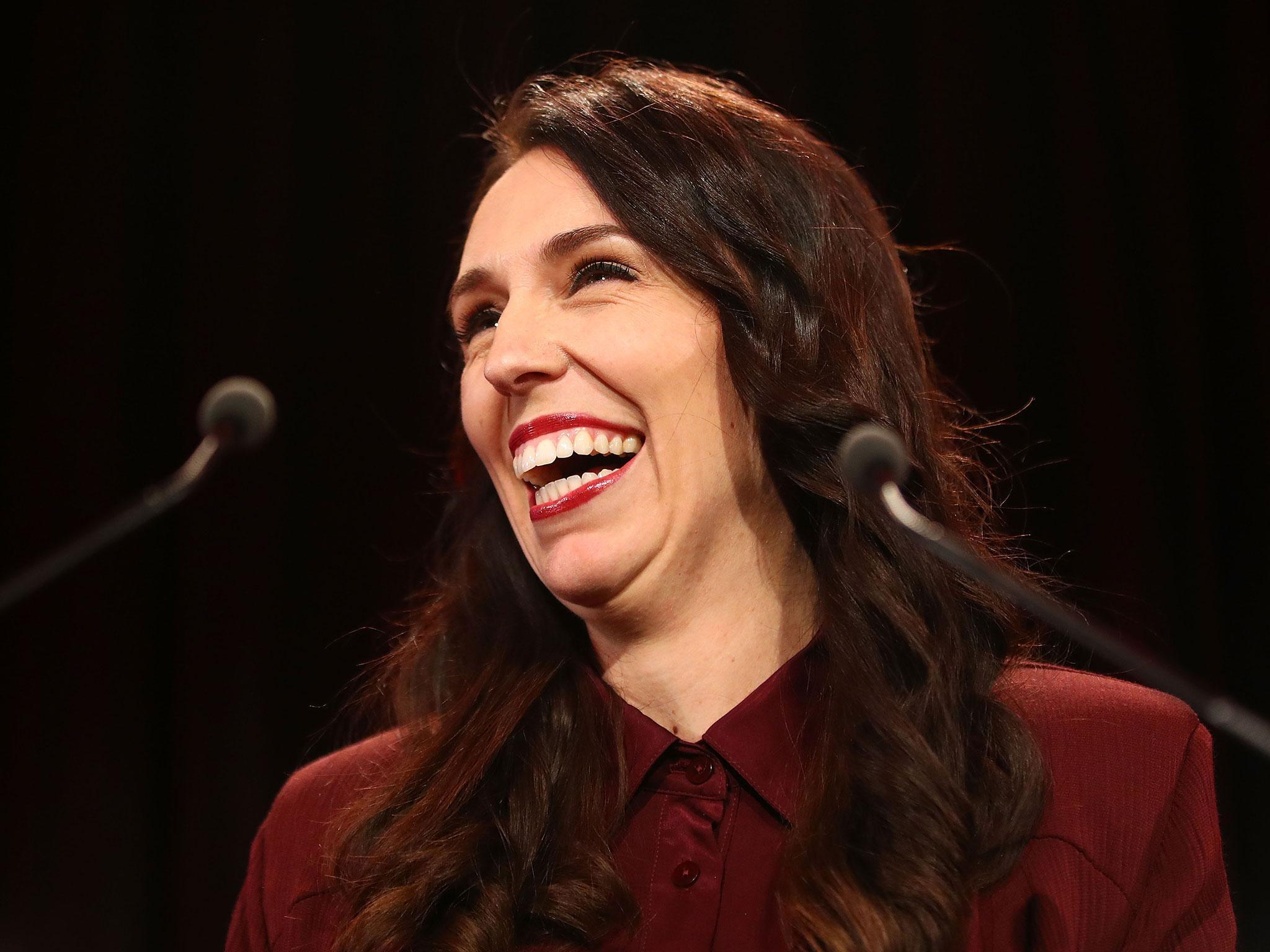I used to report on Jacinda Ardern – this is why she is good news for New Zealand
Despite international perception of the little isles down under as a slice of paradise, New Zealand, like many of its friends, is grappling with a widening social divide

How many countries can boast a world leader who DJs at music festivals?
Jacinda Ardern, New Zealand’s freshly minted Prime Minister, has an undeniable Trudeau factor: she is young, popular with the youth bloc, and, yes, irrelevant as it should be, she is photogenic.
She is likely to attract continued world media attention, which – given Kiwis’ tendency to react with startled enthusiasm on the rare occasions the international spotlight swings our way – will add to the pressure on her to deliver the change Labour has promised.
The nation barely had time to blink at Ardern’s surprise promotion to the party’s leadership before she was being asked about her baby plans – propelling her into world headlines before she had time to establish her political raison d'être.
She responded unflappably to the sexist debate – winning the first round and consolidating “Jacindamania” as a force to be reckoned with.
But the left’s return to power should not be interpreted by overseas observers as a vote for a charismatic cipher: it sits among a context of brewing unease in New Zealand – a mood which was palpable when I left my home country four months ago.
New Zealand operates an MMP voting system. This election was not the first that left populist NZ First leader Winston Peters’ party holding the deciding seats. This has happened before in his long career, and he has no consistent track record; he could go either way.
It would have become evident to Kiwis and to the hopeful leaders, also learning of Peters’ decision live, that he was poised to become “Queenmaker” when he began speaking about how capitalist politicking had failed New Zealanders.

Despite international perception of the little isles down under as a slice of paradise, New Zealand, like many of its friends, is grappling with a widening social divide.
Because the left has conventionally been accused of being fiscally suspect, Ardern will be under pressure to deliver Labour’s social welfare policy without breaking the bank after watching John Key, then Bill English, lead post-recession New Zealand into surplus despite years of destructive earthquakes.
But a perception of Nationals’ tight-fistedness left a niche for Labour and traditional coalition partner the Greens to campaign in; they criticised National’s focus on reducing public debt at the cost of social services, and accused it of favouring the dairy industry over protecting New Zealand’s clean, green environmental image – which is fast becoming more Middle-earth myth than reality.
It may be some time before Winston Peters’ strategy in siding with the left – essentially handing Jacinda Ardern power – becomes clear.
But his speech criticising National’s neoliberal approach will have struck a nerve for many Kiwis.

We saw a party deliver strong fiscal leadership. But we also saw a period in which a new New Zealand developed: a country where people waiting for emergency social housing slept in cars and garages, local authorities grappled with a visible surge in street begging in urban centres, and leaks sprang from a flailing mental health system in a country that leads the developed world in youth suicide rates.
This was also an election fought on generational battle lines.
National steadfastly – and foolishly – refused to admit to a housing crisis, as outpriced young Kiwi voters – dubbed Generation Rent – watched speculators and offshore buyers scoop up morsels from the country’s slow-growing housing stock, chipping away at their fading hopes of achieving the home ownership dream.
No wonder, then, that “Jacindamania” brewed on Facebook, Twitter and in the headlines.
New Zealanders have long been a fawning audience to calculated PR campaigns that sold us the politician as a dad-joke: former PM John Key minced down catwalks, newly ousted leader Bill English dished out his pineapple and spaghetti pizza recipe.
“Jacindamania” appears to have traversed that cringe-factor appeal – and long may that last beyond the bizarre pantomime that was the 2017 election: she has bigger fish to fry.
Join our commenting forum
Join thought-provoking conversations, follow other Independent readers and see their replies
Comments
Bookmark popover
Removed from bookmarks